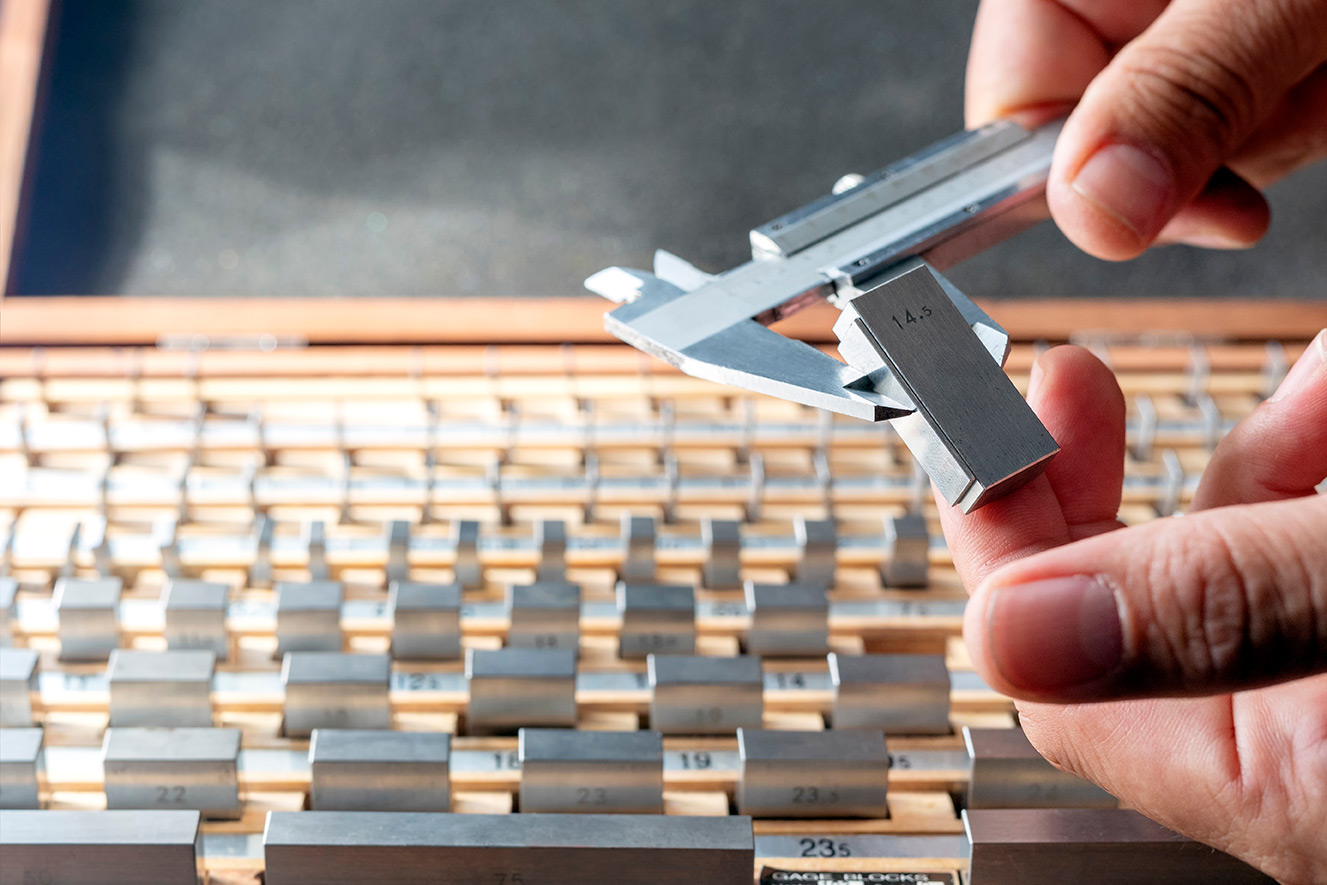In manufacturing, construction, and electrical engineering industries, precision and safety are paramount. Measuring tools and safety devices must be both precise and safe to work with. This is where the fully equipped dimensional labs and electrical safety equipment calibration services become vital.
These facilities ensure that the tools and instruments used in these industries are precise and dependable, enabling better and safer use and avoiding dangers that may occur due to improper tools.
What is a Fully Equipped Dimensional Lab?
A dimensional lab is a well-established facility that undertakes several measurements to ensure the tools, parts, and products meet specific dimensions. Dimensions are the measurements used to determine the extent, breadth, depth, angles, and any other geometric characteristics of the entity. These measurements use micrometers, calipers, gauges, and coordinate measuring machines (CMMs).
Importance of Dimensional Labs
Dimensional labs are relevant in industries that require precision in their measurements. They ensure that the parts are correctly joined for the intended assembly function as required and are safe.
- Accurate Measurements: These labs give true dimensions of the products with the highest level of precision expected from industries such as aircraft and car manufacturing.
- Quality Control: They play a great role in quality assurance, ensuring that a product meets the customer’s expectations and industrial requirements before it is shipped.
- Efficiency: Dimensional labs save money because dimensional problems are identified at the initial stages of manufacturing.
- Compliance: Dimensional measurements are usually needed to meet standard and regulatory requirements.
What are Electrical Safety Equipment Calibration Services?
Electrical safety equipment calibration services: They play a major role in ensuring that protective instruments used in electrical systems are in proper working condition. It is a process of calibrating an instrument to standard measurement and then making adjustments if the two do not tally. For safety devices, a calibrated system implies that other devices, such as voltmeters, ammeters, and earth resistivity testers, are accurate in their measurements.
If the instruments used in measuring electrical protection are not calibrated periodically, the results will be wrong, which is dangerous. These services ensure that the tool or device is well functioning and provide the right readings to eliminate electrical risks for employees and structures.
Types of Electrical Safety Equipment That Need Calibration
- Multimeters: They are used in electrical circuits for voltmeters, ammeters, and ohmmeters. It allows for a multimeter to display correct readings every time.
- Voltage Testers: These devices can detect voltage in power systems. This means that during calibration, they can sense voltages in the right manner or at the right level.
- Insulation Testers: These testers are supposed to give correct information, and hence they should be calibrated often to avoid electrical fires.
- Ground Resistance Meters: Ground resistance meters measure the resistance of grounding systems to the earth. These measurements are important, particularly to enable the system’s protection.
- Clamp Meters: These are employed to determine the current in a wire without even making direct contact with the wire in doubt. Current readings are accurate because of calibration.
Importance of Calibration for Electrical Safety Equipment
Electrical safety equipment is applied in construction and civil works, manufacturing industries, and energy utilities. Its performance must be accurate to avoid accidents and protect employees.
- Accurate Readings: It helps to ensure that devices used in electrical installations deliver accurate readings, which helps in the early detection of possible dangers before they develop into fatal consequences.
- Compliance with Safety Standards: In most industries, legal mandates call for the calibration of electrical safety devices. Failure to adhere to these standards puts the workplace at risk and incurs penalties, which should be avoided.
- Preventing Equipment Failure: It checks problems with safety equipment before they cause a failure. This is an effective measure to prevent electrical accidents that could impact the business.
- Prolonging Equipment Life: Proper calibration can also help in increasing the utilization lifespan of these equipment as they are used in the right manner.
The Calibration Process
Calibration is a way of determining how close the value that a particular instrument gives is to the reference value. Let’s briefly explain how it works.
- Preparation: Equipment is washed, and when checking for signs of damage, the surface of the tool is examined. If necessary, some small corrections should be made before the calibration process begins.
- Comparison: The validity of the instrument is confirmed by comparing the results with the standard value. For example, it is possible to use a calibrated voltage source to compare the multimeter with it to define its accuracy.
- Adjustment: If the readings obtained from the instrument are low or high, they are brought to the device’s correct standard.
- Documentation: Once the tool is calibrated, the scores achieved are documented. This includes a certificate of calibration proving that the instruments used in calibrating the equipment were also calibrated to international standards.
Benefits of Using Calibration Services
- Ensures Safety: Well-calibrated tools and equipment prevent electrical hazards, such as workers getting shocked, burned, or injured in any other related mishap.
- Improves Reliability: Calibration ensures that electrical safety equipment is in the correct measures to ensure that there is no failure that may occur or be a surprise.
- Reduces Liability: Calibration helps an enterprise reduce total risk exposure in the event of an incident through compliance with safety measures.
- Saves Time and Money: Calibration services help avoid high losses due to equipment failure. They also exclude expensive procedures such as replacing safety equipment before it wears out or ceases to function as it should.
Conclusion
Fully equipped dimensional labs and electrical safety equipment calibration services are essential in today’s world of technology to ensure that accuracy and safety remain well-maintained throughout different industries. Dimensional labs guarantee that parts and tools are built to predetermined measurements, enabling companies to establish superior quality and performance!




